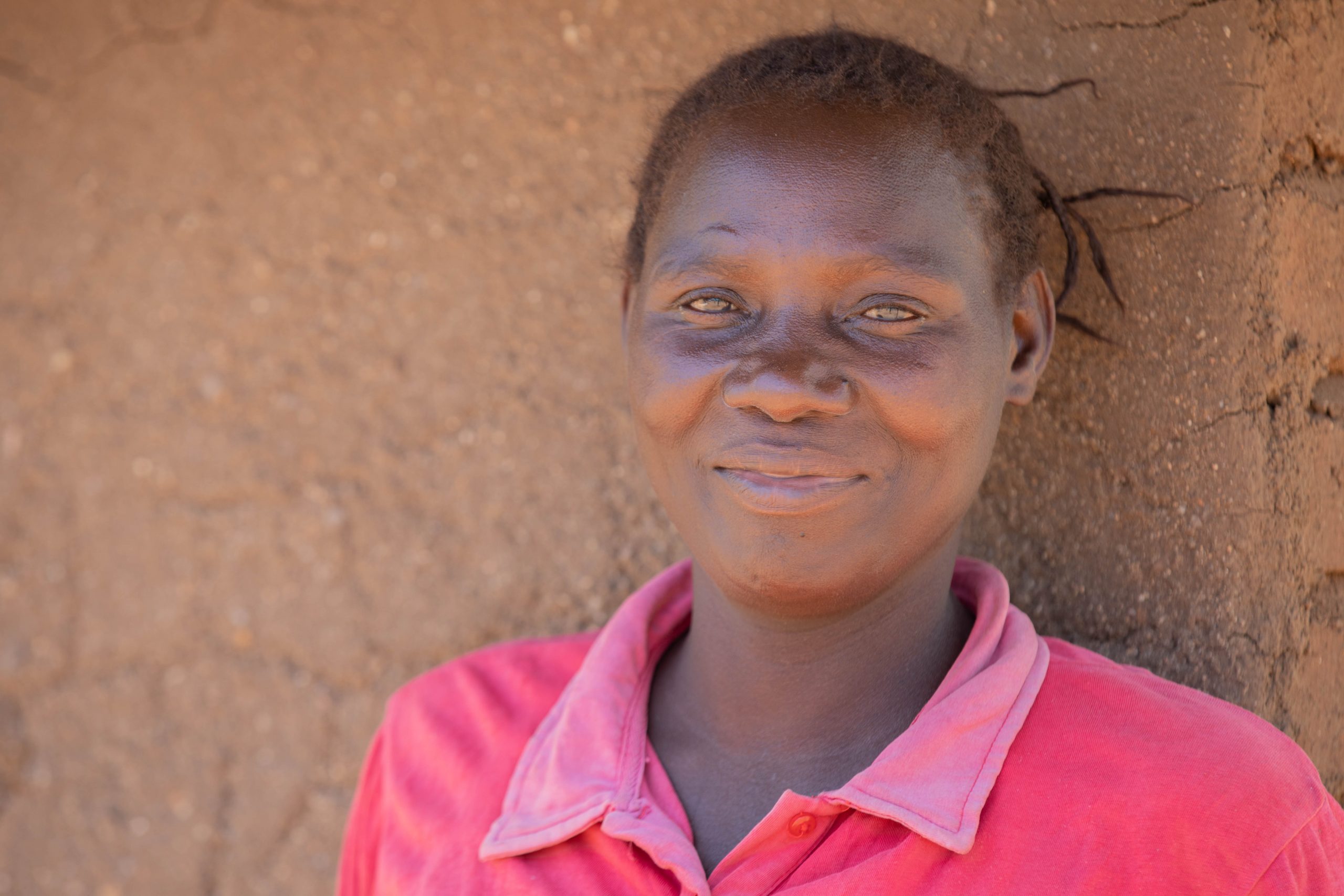Tackling eye health inequality
 A pioneering eye health project in Malawi has broken barriers by reaching women and disabled people in the community.
A pioneering eye health project in Malawi has broken barriers by reaching women and disabled people in the community.
Women account for more than half of blindness and visual impairment worldwide. People with disabilities are three times less likely to get the healthcare they need compared to the general population, according to the UN.
The charity Sightsavers worked with partners to support activities from eye screenings and surgery to hospital transport and accessibility audits of health facilities. Health staff were trained in gender and disability inclusion. Volunteer eye health ambassadors shared their own stories of treatment to encourage others to access services.
The scheme helped over 122,000 people across rural and high-poverty areas in the south west health zone.
An estimated 1.7 million people in Malawi had vision loss in 2020. Effie Kaminyoghe, Sightsavers senior programme manager said: “Unless inclusive eye health is recognised as a vital part of community healthcare, and inclusion of people with disabilities, women, and other marginalised groups is improved, efforts to achieve universal health coverage in the country will fail.
“The big achievement of this project was bringing eye health services down to a community level and ensuring more people could access and afford the services they need without travelling long distances or incurring debts.
“We also provided input to the national community health framework, to ensure it was inclusive of persons with disabilities.”
The project was funded by donations from the public in the UK, matched by the government.
Esther (pictured) is just one of the women whose sight was saved. She was diagnosed with cataracts. After surgery, she saw some of her children for the first time. Her eldest had missed school to care for her but she says the operation has changed her family’s lives: “They go to play. They go to school. They know that when they come back… they will find food prepared.”
- Find out more: Alinafe cuts the queues: One man’s mission to make a difference in Malawi. For further information, please visit www.sightsavers.org